Doctor Harprit
-
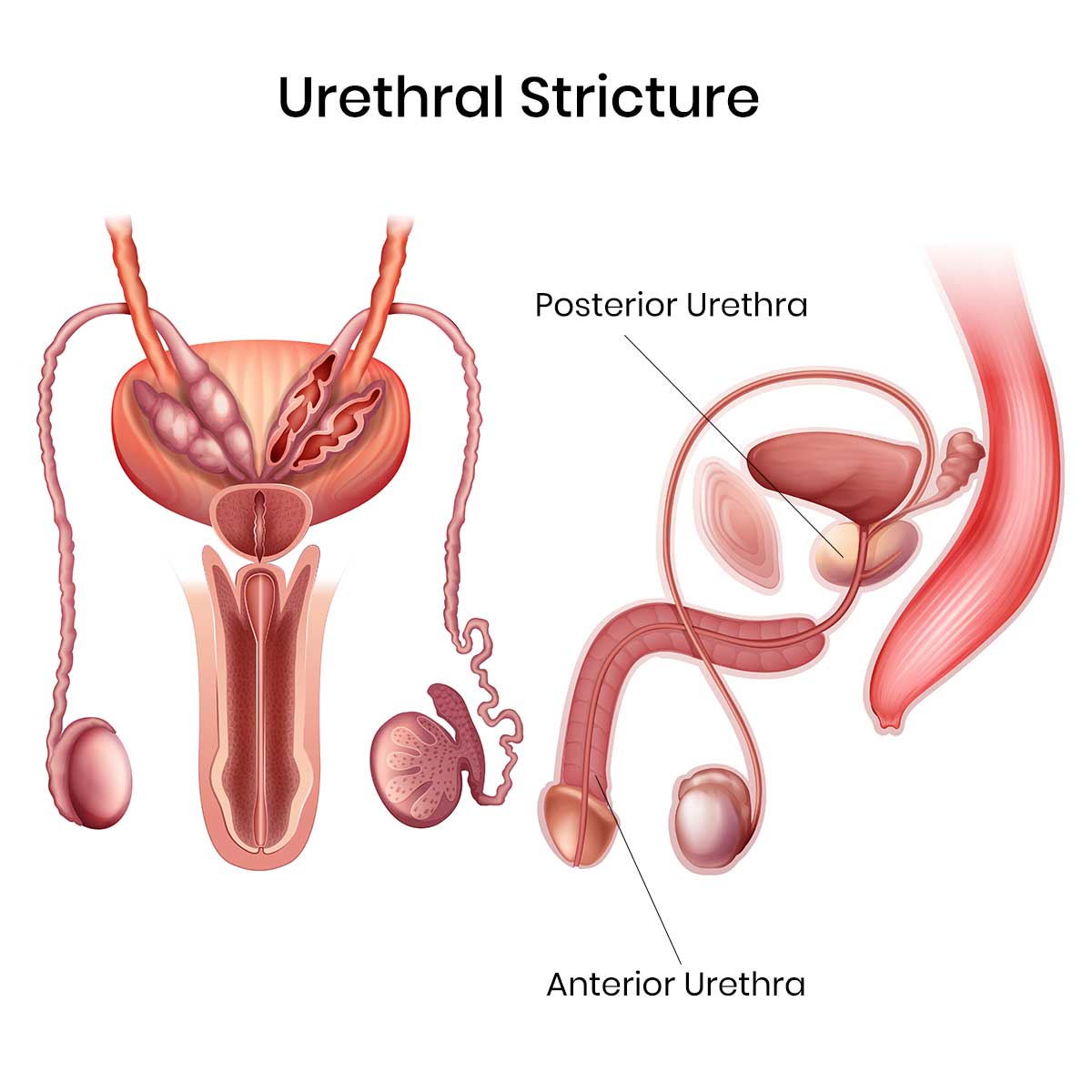
urethral stricture and its treatment, UIV urethroplasty at Urovita Hospital, jamshedpur
Urethral stricture is a narrowing of the urethra, the tube that carries urine from the bladder to the outside of the body. This can cause problems with urination, such as difficulty starting or stopping the flow of urine, a weak urinary stream, and a need to urinate frequently, especially at night. There are many causes…
-
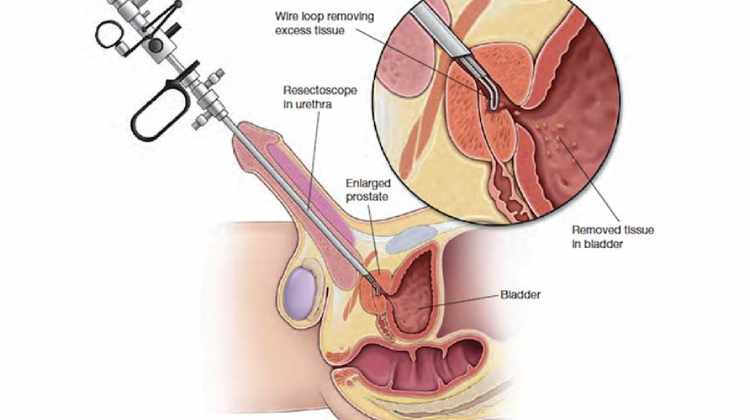
Prostate Enlargement (BPH): TURP, Bipolar TURP, Laser Operation
Prostate enlargement (BPH) is a condition in which the prostate gland grows larger than normal. This can cause problems with urination, such as difficulty starting or stopping the flow of urine, a weak urinary stream, and a need to urinate frequently, especially at night. There are a number of treatments available for BPH, depending on…
-
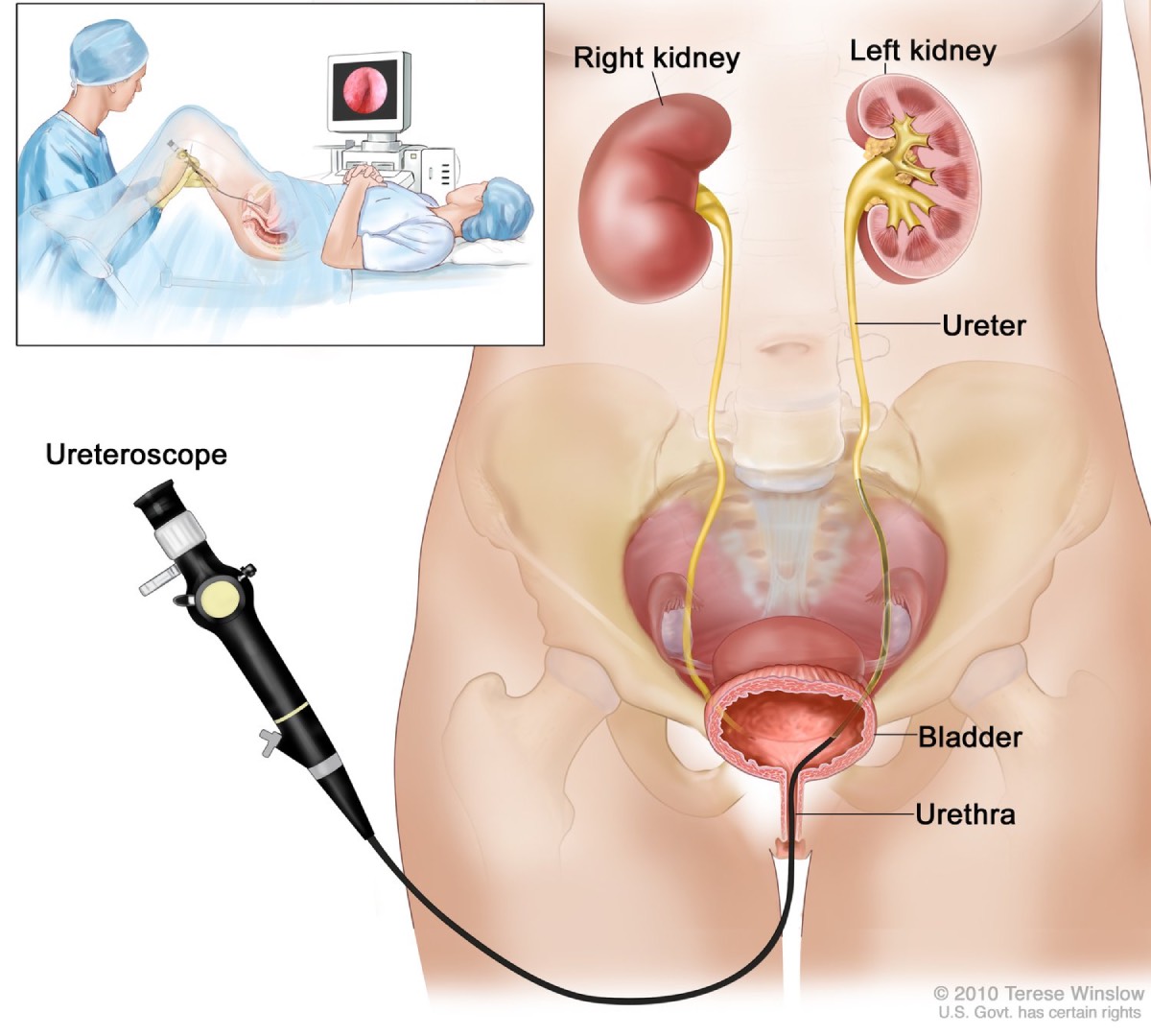
Ureteric stone treatment at Urovita Hospital, jamshedpur: URS, laser URS
Ureteric stones are hard deposits that form in the ureter, the tube that carries urine from the kidney to the bladder. They can cause pain, nausea, vomiting, and blood in the urine. There are many different treatments for ureteric stones, depending on the size and location of the stone. One of the most common treatments…
-
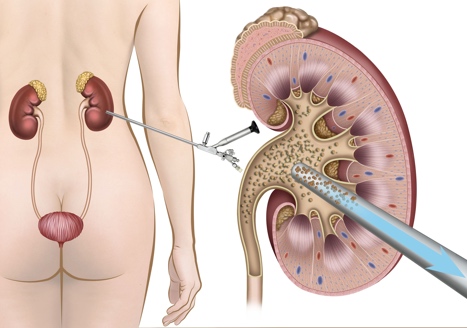
kidney stone treatment: PCNL, Mini PCNL, RIRS
Kidney stones are hard deposits that form in the kidneys. They can cause pain, nausea, vomiting, and blood in the urine. There are many different treatments for kidney stones, depending on the size and location of the stone. Two minimally invasive procedures that are commonly used to treat kidney stones are percutaneous nephrolithotomy (PCNL) and…
-
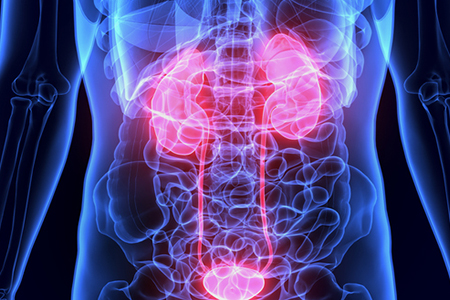
Kidney Transplant in Kidney Failure Circumstances
Kidney failure is a serious health condition that occurs when the kidneys are no longer able to function properly. In such circumstances, a kidney transplant may be the best option for patients.
-
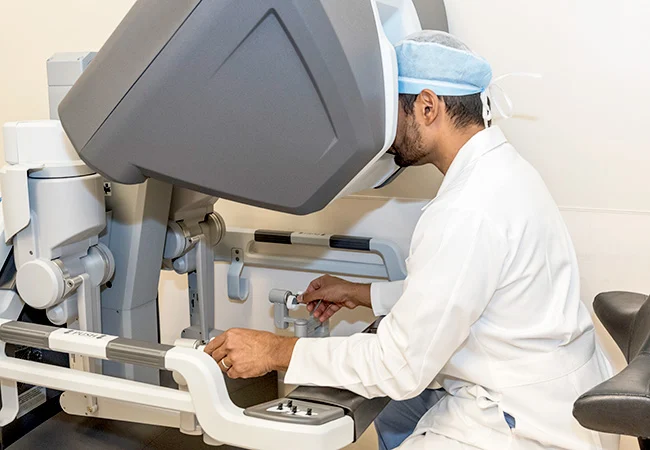
Urology Minimally Invasive Surgery
Minimally Invasive Surgery (MIS) in urology offers several advantages over traditional open surgery, including faster recovery times, shorter hospital stays, and reduced risk of complications.
